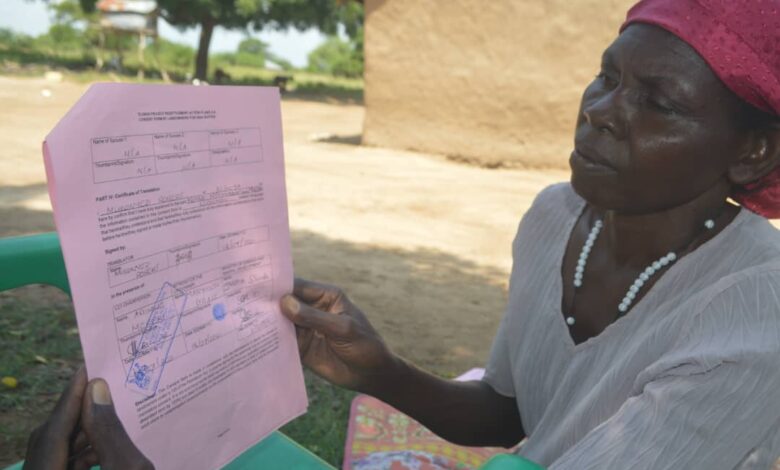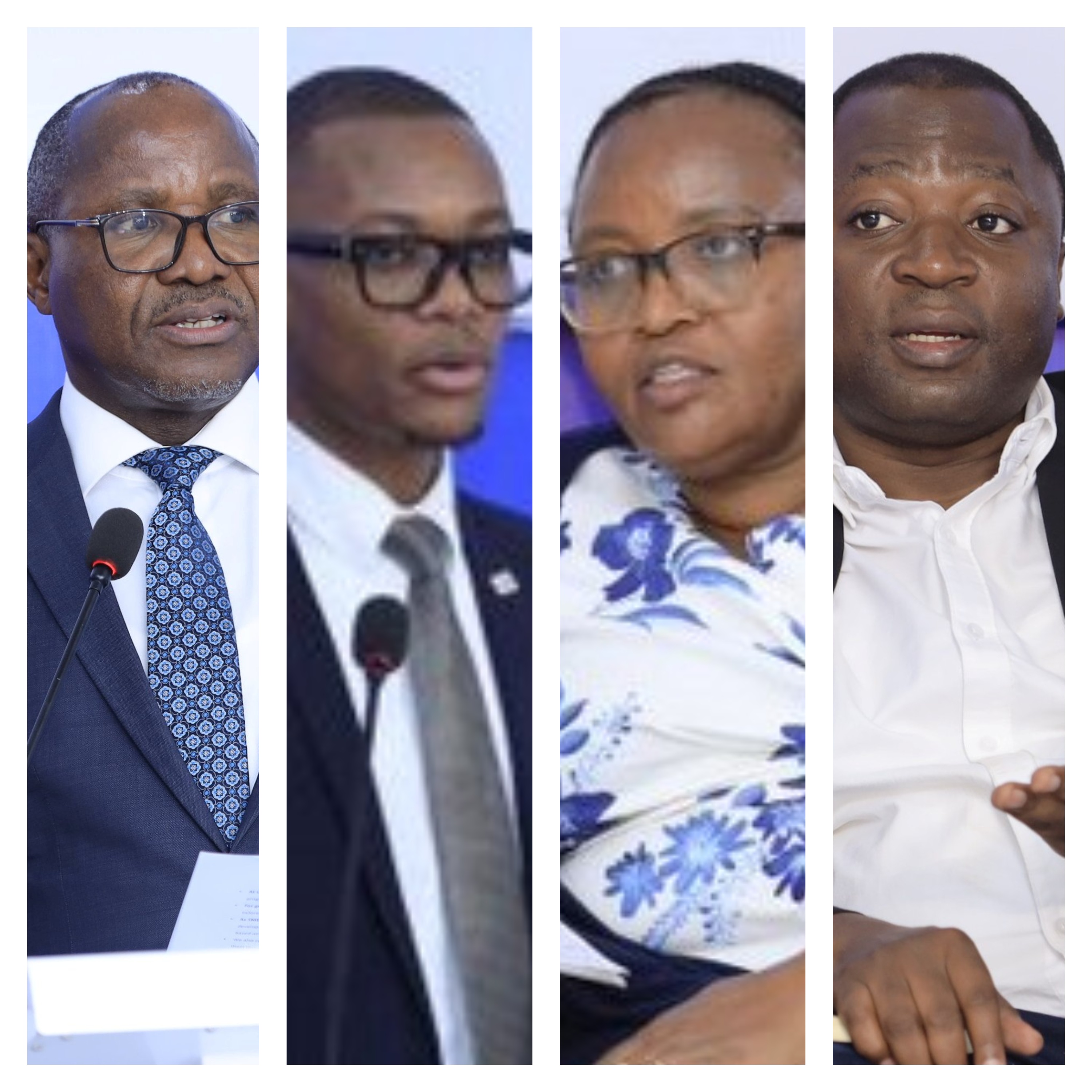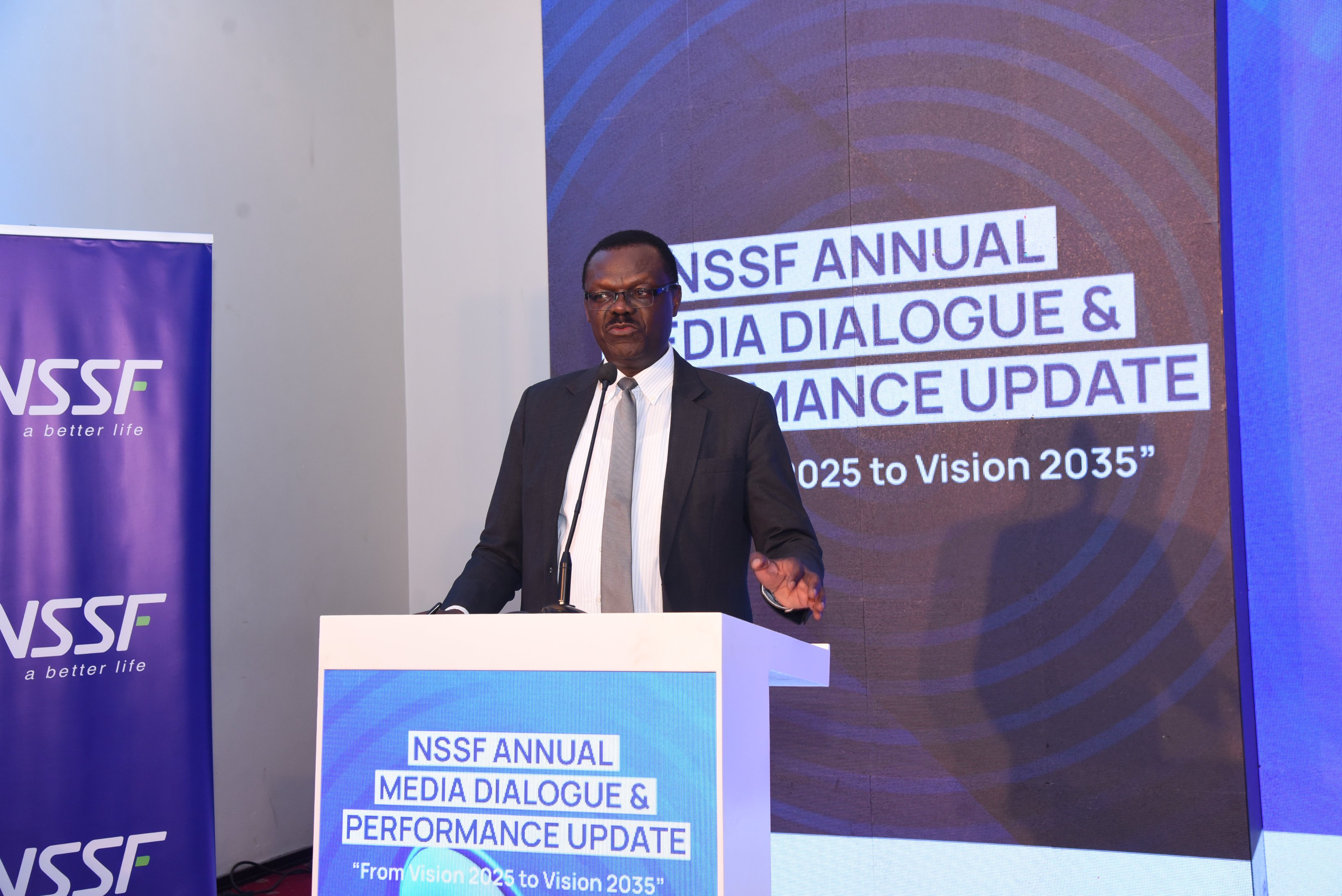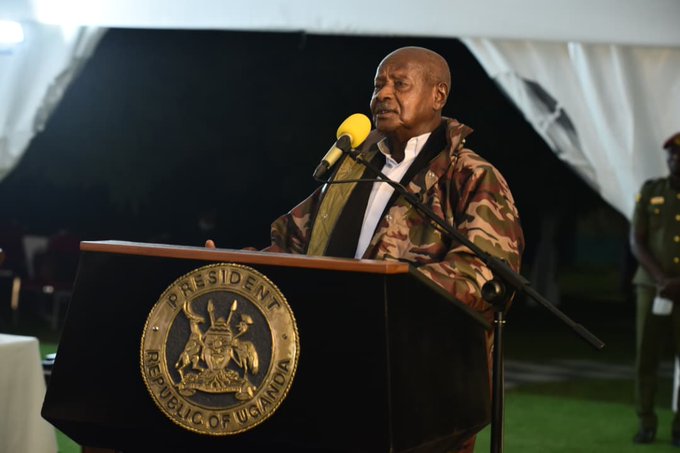Signing in darkness: Oil host communities struggle to attain justice for their land
Nyamahunge is one of the people impacted by oil activities on their land without free, prior and informed consent.

By Precious Naturinda
“I ignorantly signed the documents consenting to free takeover of my land,” narrates a 50 year old Beatrice Nyamahunge from Buliisa district. “When oil officials came in 2021, they told me to sign on the forms as a resident adjacent to the feeder oil pipeline route. Later, I realized that I had signed not to be compensated for my land acquired for 200 meter buffer zone from the feeder pipeline,” regrettably recalls Nyamahunge, a resident of Kigoya parish in Buliisa Sub County.
Nyamahunge is one of the people impacted by oil activities on their land without free, prior and informed consent.
She is among the 1,846 people affected by the feeder oil pipeline from Buliisa district to Hoima under Tilenga project implemented by Total Energies.
Whereas oil companies are supposed to ensure appropriate disclosure of information, consultation and informed participation of those affected including host communities in decision making for land acquisition processes before written consent form the land owners, this was not the case.
“When they oil officials came to my village, they told me to mobilize people adjacent to the feeder pipeline to just sign the documents. They did not give us time to understand and interpret the documents since they were in English so many people signed ignorantly agreeing not to be compensated for the 200 meter buffer zone from the feeder pipeline. When they came back (oil officials), they told us not to construct permanent structures on those 200 meters or to grow perennial crops,” explained the Kigoya village Chairperson, Melick Asiimwe.
The oil and gas industry is rapidly growing in Uganda’s Albertine Graben since the discovery of commercial oil wells in 2006. The oil and gas sector is now at development phase in preparation of production of petroleum resources and this has seen development of oil projects including Tilenga project, Kingfisher oil project, the East African Crude oil Pipeline and feeder pipelines, Kaabale industrial park and the Hoima-Kampala Petroleum Products Pipeline.
But with the abuse of the internationally acclaimed principle of free, prior and informed consent before taking possession of the land by government and transnational oil and gas companies, the affected people have been exposed to uncertainty after being displaced without being compensated.
Alice Kazimura, the Executive Director for Kakindo Integrated Women Development Agency (KAWIDA), an advocacy organization in Buliisa district says the local leaders have not come out to address the challenges.
“The local government leaders have instead dined with the oil companies and left the affected communities to suffer. Those who try to raise their voices are seen to be sabotaging government programs and are threatened with arrests,” says Alice Kazimura.
Standing still, deepening resistance in the face of land injustices
In spite of this violent reality, National Association of Professional Environmentalists (NAPE) is working with communities to deepen resistance to land injustices and defend their land rights. NAPE engages affected people like Nyamahunge to stand firm and fight for their rights.
Through sustainability school program that builds a critical mass to find solutions to the challenges affecting the communities and holding leaders accountable, grassroots women’s movement that is building the collective power of women and the Community Green Radio that amplifies the voices of communities, NAPE is empowering the communities to build solidarity and lead the defense of their land and their environment confidently.
ALSO READ: How oil revenue will relieve gov’t of external debt
Judith Beroirwoth, a member of the women’s movement and another feeder pipeline affected person from Ngwedo in Buliisa district refused to sign the documents giving away her land for 200 meter buffer zone.
“NAPE has sensitized us to speak up so I refused to sign and demanded for an interpretation of those documents to the language I understand. I also mobilized members of my group- Tufanye Pa Moja Women’s group not to sign,” said the 41 year old mother of 4.

Figure 3: Judith Beroirwoth resited forced evictions
Is it paying off??
The resistance by Beroirwoth and others who have refused to sign seems to be yielding results.
Chris Ocowun, the Public Relations Officer for Total Energies says Oil Company together with the government has decided to compensate people for the 200 meter buffer zone. He says they are currently surveying the land and the affected people will be compensated.
“Initiatially, were had no plans of compensating for the buffer zone, which we call orphan land. But now we are assessing the land and the government surveyor is processing the compensation for the owners of the land,” said Ocowun in a phone interview with this website.
Lucy Mbuubi, a member of Butimba sustainability school on Kikuube district who is also affected by EACOP said the sustainability school has helped communities to indentify issues affecting them in their community and work together to find solutions as they hold their leaders accountable.
“NAPE has empowered us and built our confidence. We have been able to stand in solidarity and resist unfair compensation by EACOP,” said Lucy Mbuubi.
The communities are also using NAPE’s Community Green Radio to raise their voices, address reported issues, organize and build consciousness about the exploitation of natural resources and injustices. They are building collective knowledge and crafting strategies that respond to their needs.
“At first, people used to just sign forms without reading the details but the Community Green Radio has played a big role of sensitizing the communities about their land rights and advocating for fair compensation for people affected by the Hoima-Kampala Petroleum Products Pipeline. Through forming listeners clubs and engaging in NAPE-initiated exchange visits with other oil projects affected communities in Hoima and Kikuube, we have been able to learn more about resisting poor compensation and emphasizing on interpretation of the documents before we sign,” said Asuman Ssembatya, from Kyankwanzi district.
Rajab Bwengye, the coordinator of projects at NAPE said when communities are empowered and sensitized about their rights; they are able to fight for their rights from an informed point of view.
He said NAPE will continue to empower and build a critical mass that is able to defend their rights in the face of land injustices exacerbated by oil and gas extraction.







